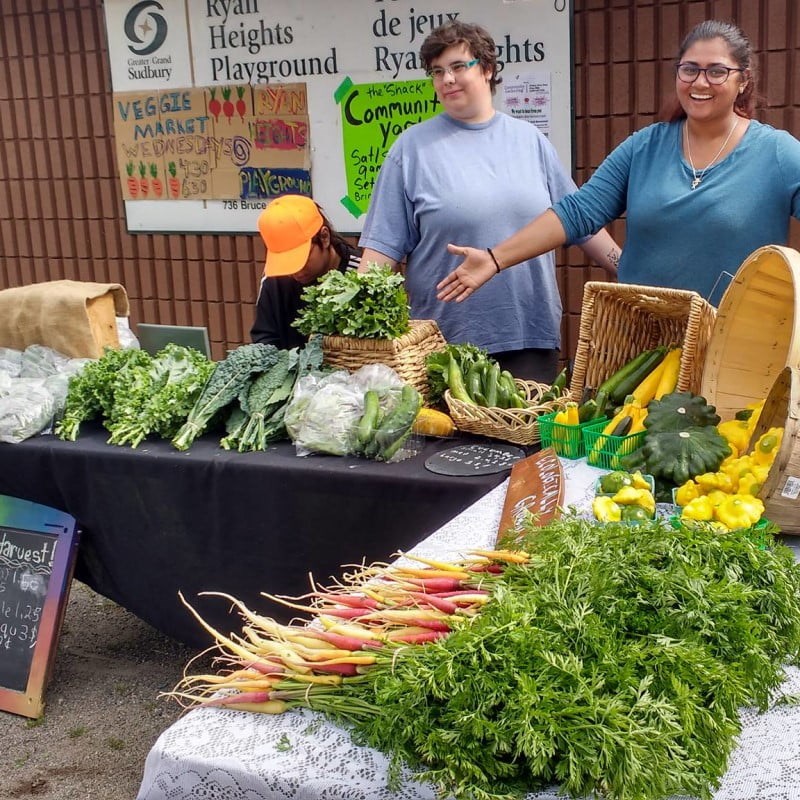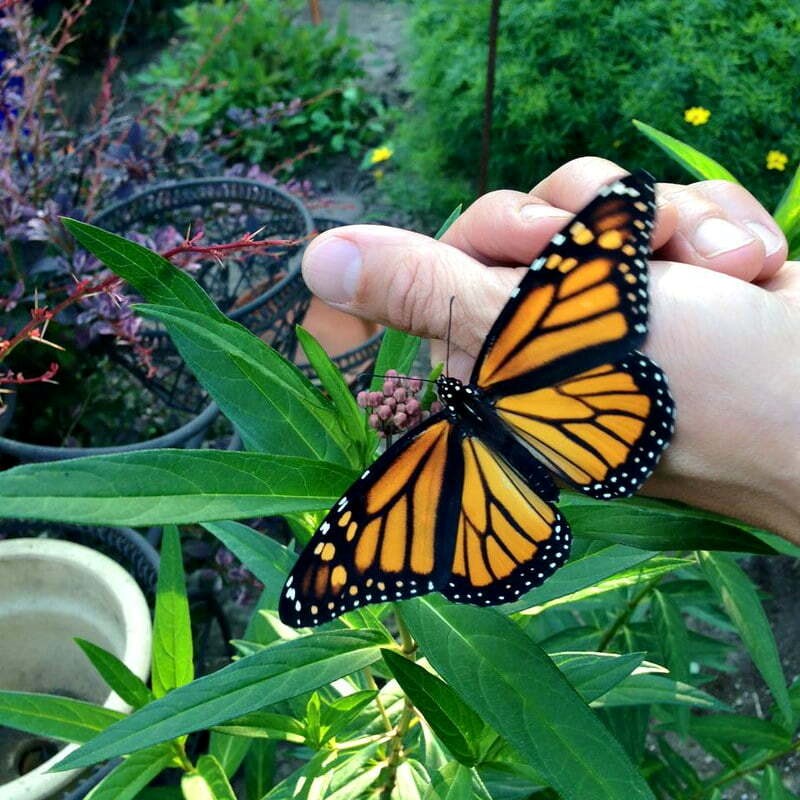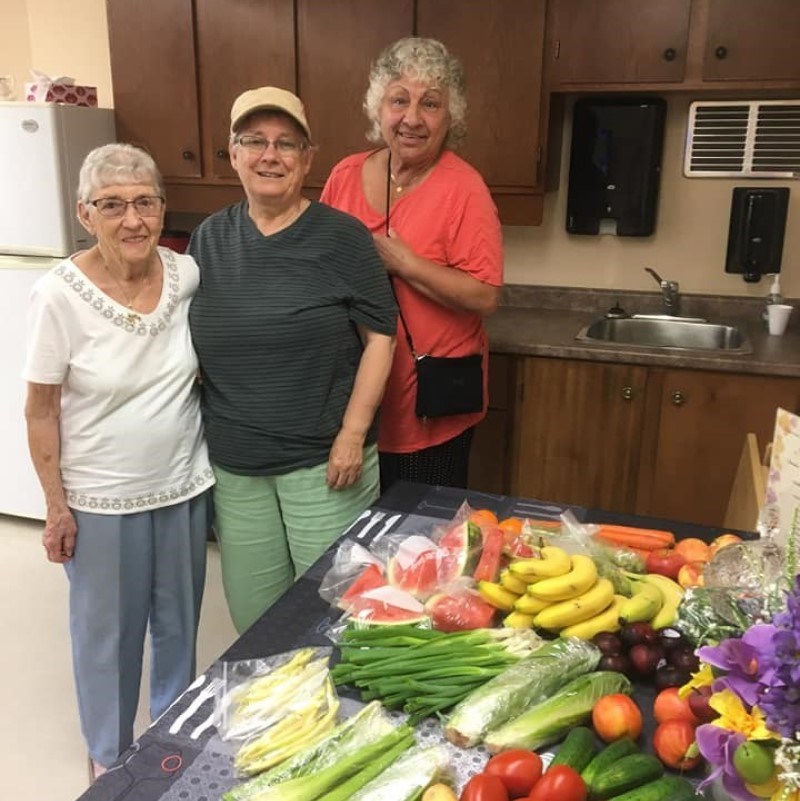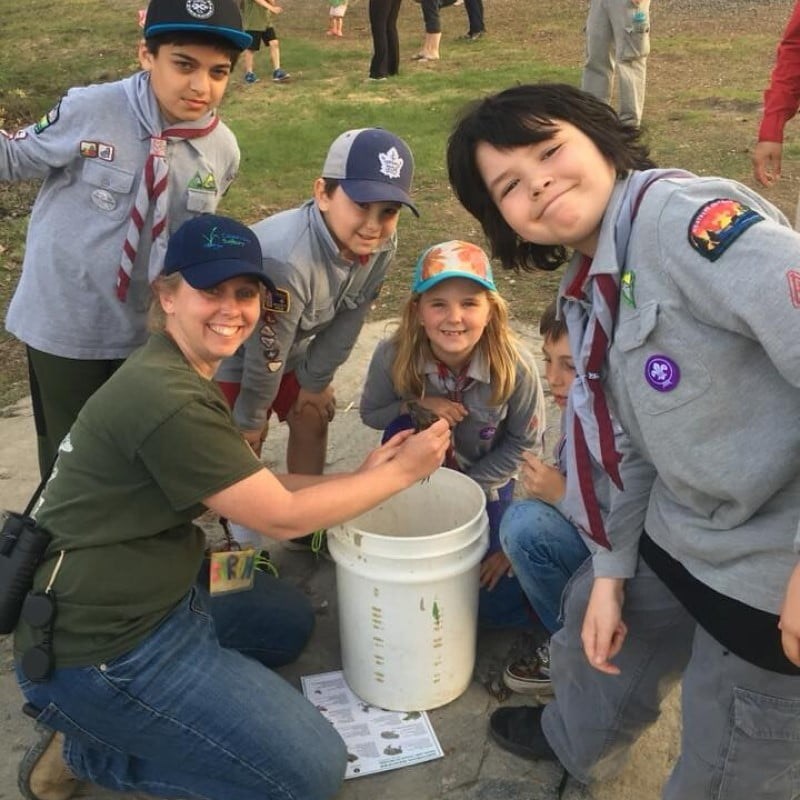Small community projects sure can make a big difference.
The community initiative, Project Impact, led by Coalition for a Liveable Sudbury, highlights just how much progress residents can make when they work together. It’s all about doing good things as a community and encouraging citizen-led positive change.
How it works
Members of the community pitch their ideas and contribute donations. The community votes, and the projects with the most votes get funded.
It’s about so much more than funding though. It is a whole process, where people get help planning their project, finding resources and meeting other like-minded people and groups who can provide support and advice along the way.
“We can all make a difference in our community, and we can help each other do so,” said Naomi Grant, Chair of Coalition for a Liveable Sudbury.

People can take part in Project Impact by:
- pitching an idea for a small community project with a big impact
- voting for the projects they support
- donating - the more donations received, the more projects get supported!
Recent history
The program began in 2015 and was met with immediate success. In just a few short years, over 3,800 people have participated, and 48 grassroots community projects have been funded.
Students, for example, have created and set up houses for birds and squirrels, as well as greenhouses and rain barrels. Neighbours have come together to plant trees and milkweed patches, hold clean-ups, host neighbourhood events and create clothing swaps.

Small community groups have painted murals, held workshops, turned rescued fruit into snacks for school breakfast programs, grown food for seniors, restored habitats, led citizen science projects and held kids bike exchanges.
Community members have shared traditional teachings in schools, led people in repairing and re-purposing fabric and gotten parents together to map safe walking routes for school kids. Community gardeners have built their first garden beds and added new growing spaces, accessible beds, and bee hotels.
Goals
These projects can go a long way towards making our neighbourhoods more low-carbon and climate-resilient. The following could help move us closer to these important goals.
Low-carbon project ideas:
- organize a walking school bus or bike-bus for students to get to their local school safely
- organize neighbourhood car-sharing for errands or commuting
- get neighbours together to share tips and collaborate for home energy retrofits
- organize a neighbourhood tool-share, toy-share, etc.

Climate-resilience project ideas:
- hold a neighbourhood block party to get to know your neighbours, invite a climate champion to share climate resilient ideas with the group for an added educational aspect
- create a neighbourhood phone tree to make it easier to check on each other
- plant a rain garden
- go door to door to help neighbours disconnect rain spouts that drain into sewer lines
- plant trees for shade
- plant pollinator gardens

Your turn: What will YOU choose to do?
Here are a few possible project ideas that can help make your neighbourhood climate-ready:
Students:
- start vermicomposting in the classroom
- set up bat houses
- start a composting system in your school
Neighbours:
- coordinate garden plans to share produce with each other throughout the summer
- coordinate fruit tree plantings within the neighbourhood for plants to pollinate each other and share fruit in the future
- organize a recipe exchange
Small community groups:
- lead a toy exchange
- lead a wildflower planting event
- host workshops about composting, meal prepping, cooking classes, repairing and repurposing clothes and fabrics
Community gardens:
- create signage and infographics for the garden, plant seed-saving gardens and trial ecological gardening practices, and share what was learned
- plant rain gardens and pollinator/bird gardens with native wildflowers and native shrubs

Now accepting applications
Project Impact is now accepting applications for small community projects that can make a big difference. Apply for up to $500 in funding at projectimpact.ca.
The deadline to apply is January 31, 2024. Applicants will present their projects, and the community will vote in early March. Funding will be awarded in April.
Watch for updates, find inspiration and connect in the Project Impact Sudbury Facebook group. Join Coalition for a Liveable Sudbury at a Project Impact drop-in to share project ideas and get help with your application. Drop ins will be held on Thursday, November 30, from 5:30 to 7:30 p.m.; Sunday, December 10, from 12 to 2 p.m. and Monday, January 15, from 5:30 to 7:30 p.m. at the Climate Justice Corner (main library, 74 Mackenzie St.), and in the Facebook group.
Now accepting sponsors
If your business or organization is interested in being an Impact sponsor and making a donation, contact Coalition for a Liveable Sudbury at [email protected]. Every dollar donated goes to grassroots projects created, chosen and funded by the community.
Project Impact is organized by Coalition for a Liveable Sudbury, a volunteer, grassroots group that is working towards creating a green, healthy and engaged community in Greater Sudbury.
Learn more about the City of Greater Sudbury and its commitment to helping the community achieve its net-zero goal by 2050.
If you have a project you’d like the City to highlight, contact Jennifer Babin-Fenske at [email protected].
Additional resources
